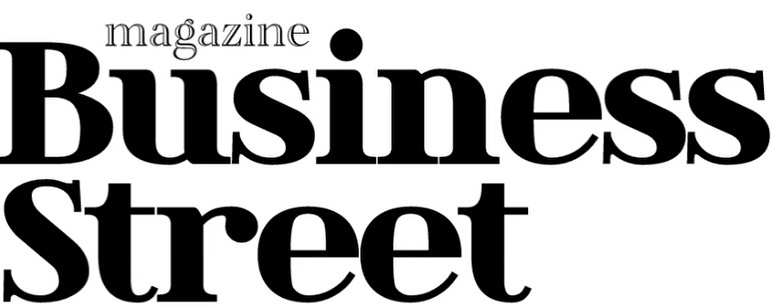Do it like Bezos: Why health is the ultimate success multiplier
Lessons from the 2025 workplace mental health report
Jeff Bezos' transformation: How a health-first lifestyle fueled his next act.
The link between health and success isn’t just intuitive – it’s backed by hard data. A groundbreaking 2025 Workplace Mental Health Report by Mind Share Partners reveals that employees at companies prioritizing mental health are twice as likely to report zero burnout or depression, directly translating to higher productivity and innovation. This mirrors findings from the World Health Organization, which estimates that depression and anxiety cost the global economy $1 trillion annually in lost productivity – a figure that could be slashed by investing in employee well-being.
The Science of Peak Performance
Health isn’t merely the absence of illness; it’s the foundation of sustained excellence. Consider:
Cognitive Edge: Sleep-deprived brains operate with 30 percent reduced efficiency (Harvard research), while employees with access to mental health support show 13 percent higher productivity. Jeff Bezos and Arianna Huffington famously prioritize sleep and mindfulness, recognizing their impact on decision-making.
Stress Resilience: Companies offering stress-management programs see 40 percent improvements in cognitive flexibility and 57 percent lower burnout rates among employees who engage in regular recognition practices.
The High Cost of Neglect
Ignoring health isn’t just a personal risk – it’s a career liability. The 2025 report highlights that 76 percent of employees experience burnout symptoms, with 68 percent of Gen Z workers leaving jobs due to mental health struggles. Presenteeism – showing up but underperforming – costs UK employers £28 billion yearly, while toxic workplaces increase turnover costs by 150 percent since 2019.
Health as a Strategic Advantage
Forward-thinking companies like Unilever and Johnson & Johnson treat health as a competitive edge:
Preventive Care: Firms with proactive mental health programs (e.g., therapy access, flexible hours) save $8,000 annually per employee in absenteeism costs.
Cultural Shifts: Organizations fostering open mental health dialogues see 78 percent higher engagement and 33 percent fewer workplace accidents.
The Path Forward
The 2025 data proves health isn’t a perk – it’s a non-negotiable pillar of success. Whether through sleep optimization, stress-management training, or inclusive policies, investing in well-being pays dividends: Every $1 spent on mental health programs yields $6.30 in ROI through reduced turnover and higher output.
MK
